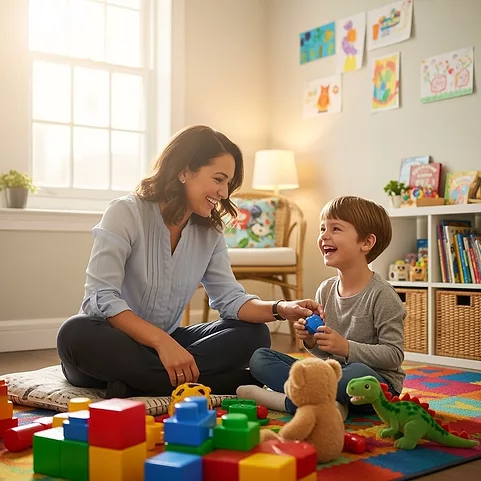Early Onset Psychosis May Lead to Better Outcomes
Subject:
SCHIZOPHRENIA
Short Description:
Early Onset Psychosis May Lead to Better Outcomes
Background:
A long term study comparing patients with early onset psychosis to those with later onset psychosis may have some good news for child psychiatry. While previous studies have shown worse or equivalent outcomes for younger onset patients, this study demonstrated a protective effect. Three hundred and sixty-six patients diagnosed with schizophrenia spectrum disorders were interviewed at a mean follow up of 7.4 years after onset. All patients had an age of onset between 14 and 30 years old and were treated at the same clinic in Melbourne, Australia. The study compared patients with a first episode of psychosis before age 18 to those with the first episode after age 18. Diagnosis between onset and follow up was not any more likely in either group, but patients in the early onset group were more likely to have been free of psychosis for the past two years. The younger onset group had better outcomes in other ways as well: younger onset patients were more likely to be employed or in school and to be employed half time or more. Younger onset patients were also more functional in social relationships. Although there is talk in the field about the potential protective effect of early use of antipsychotics (Liu et al Schizophr Res 2010;23(1):37–44; Preti A et al, Schizophr Res 2010 Oct;123(1):30–36) the research has been disappointing. The authors make an interesting but different hypothesis as to what is the critical difference between the two groups, citing the participating clinic’s treatment priorities for early onset patients: to stay in school and maintain normal adolescent developmental milestones. They recommend intensive psychosocial and cognitive-behavioral interventions that address the developmental needs of the age group (Amminger GP et al, Schizophr Res 2011;Jul 6, online ahead of print).
TCPR's Take:
This paper shows that early onset psychosis does not necessarily portend a worse outcome for patients with schizophrenia or schizophrenia spectrum disorders. We know that intensive early psychosocial interventions for early psychosis actually work, and the risks of psychosocial interventions are low. It’s easy to get caught up in the anxiety that the positive symptoms of first episode psychosis generate, and join the family in wanting them to be gone as quickly as possible. Our patients are best served by our ongoing anticipatory guidance after the psychosis itself passes, and a firm understanding that every adolescent wants to be as “normal” as possible.
Newsletters
Please see our Terms and Conditions, Privacy Policy, Subscription Agreement, Use of Cookies, and Hardware/Software Requirements to view our website.
© 2026 Carlat Publishing, LLC and Affiliates, All Rights Reserved.


_-The-Breakthrough-Antipsychotic-That-Could-Change-Everything.webp?t=1729528747)



